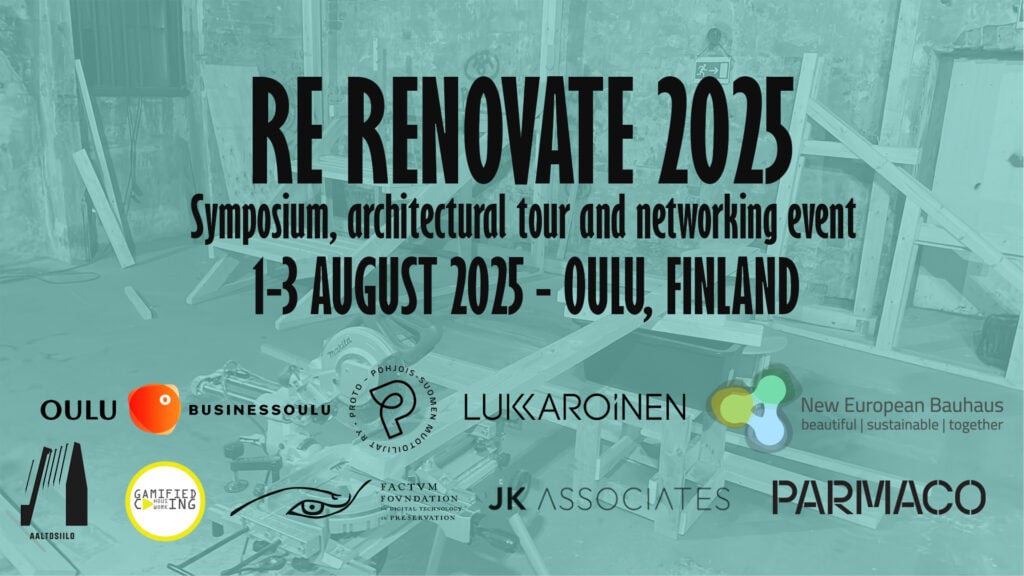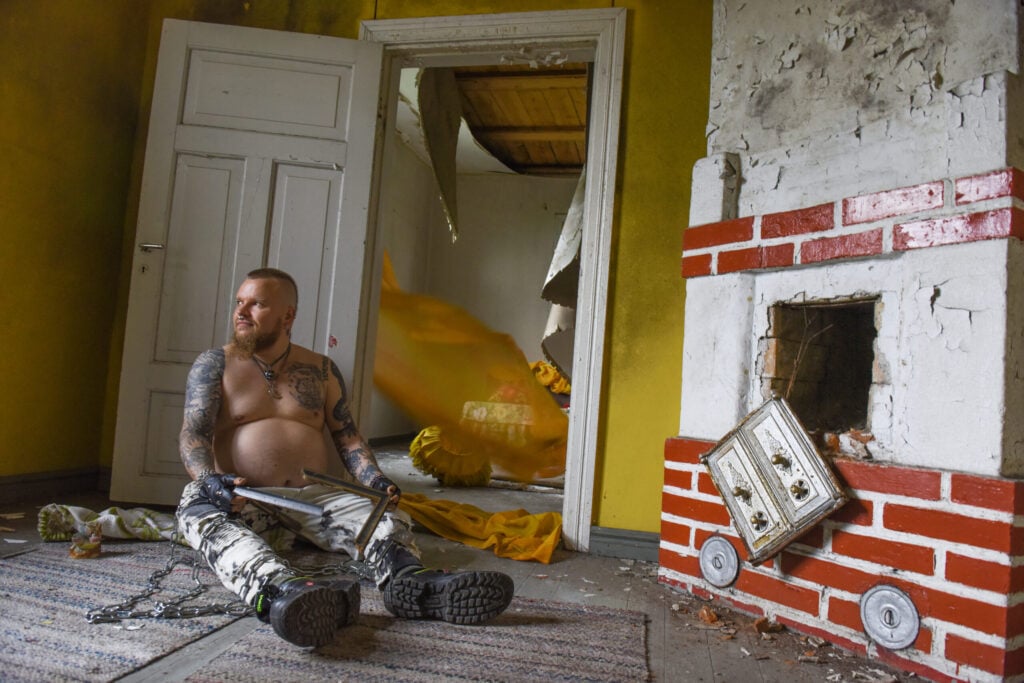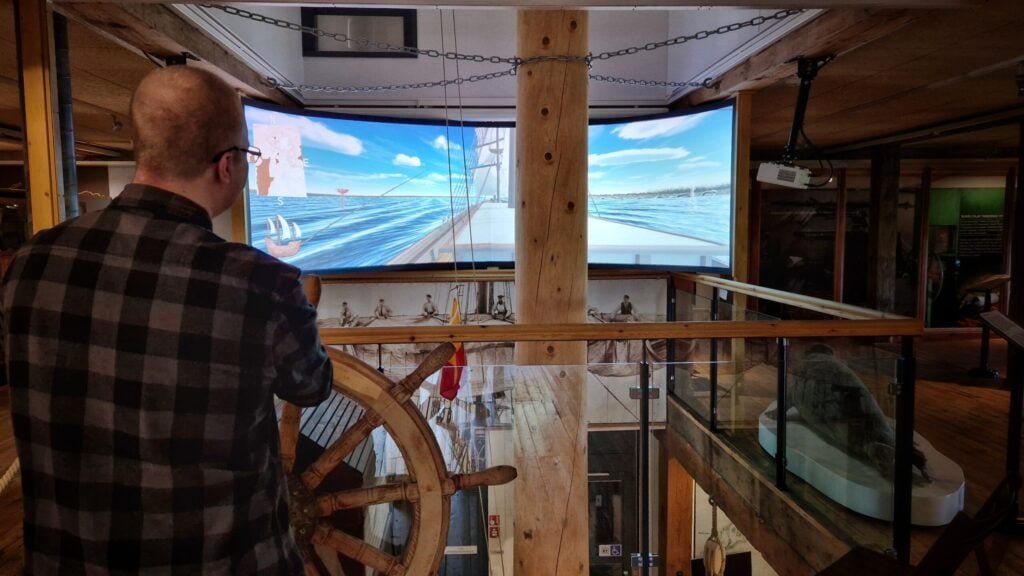The sustainable event production guide, which encourages the ecological sustainability of event production, has been published on the official website of Oulu: The Sustainable Event Production Guide – Oulu
The guide supports the responsible organization of events in the Oulu region, ensuring that the events are as carbon-neutral as possible during the European Capital of Culture year in 2026.
The guide for sustainable event production is divided into two parts: firstly, guidance and tips for environmentally friendly event organization are presented, covering various aspects of event production. Choices that are less taxing for the environment can be made at every stage, from selecting the event venue to travel, catering service choices, waste management, and procurement. Additionally, the guide includes links to sustainable development goals, regulatory systems, online tools, and the websites or reports of organizations and communities sharing good sustainability practices.
The second part of the guide presents innovation tests conducted at events, exploring how carbon dioxide emissions from events can be reduced through creative inventions. Over two years, the electronic music Solstice festival in Kuusamo developed a recycling system. The Helsinki-based Caracara Collective ultimately succeeded in recycling 80% of all waste generated at the festival, creating art and festival structures from recycled plastic, among other accomplishments

Argentinian-Italian architect Valentino Tignanelli designed pavilions from construction waste for the Varjo Festival. They protected the audience from the sun’s heat on Kuusisaari last summer and, after the festival, gained a new life: they now serve as small public saunas in the backyard of Hailuoto Brewery’s Mallassauna in Pikisaaari.

The guidebook has been compiled as part of Europe’s most sustainable cultural capital project, which sought tools for reducing event emissions. Europe’s most sustainable cultural capital project was carried out in the Events Unit of the City of Oulu and received funding from the European Regional Development Fund ERDF by the Regional Council of Northern Ostrobothnia in the years 2019–2023.
For more information:
Project Manager Taina Ronkainen, taina.ronkainen@ouka.fi, +358 40 6211249
Project Coordinator Antti Takalo, antti.takalo@ouka.fi, +358 40 4196605



